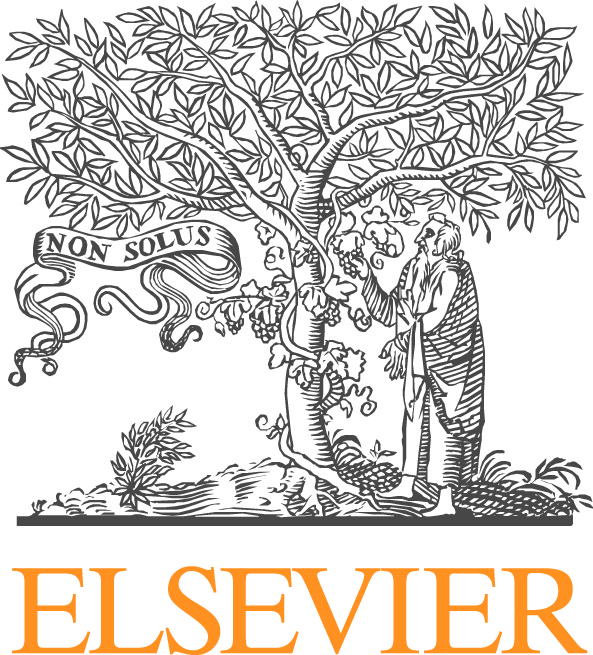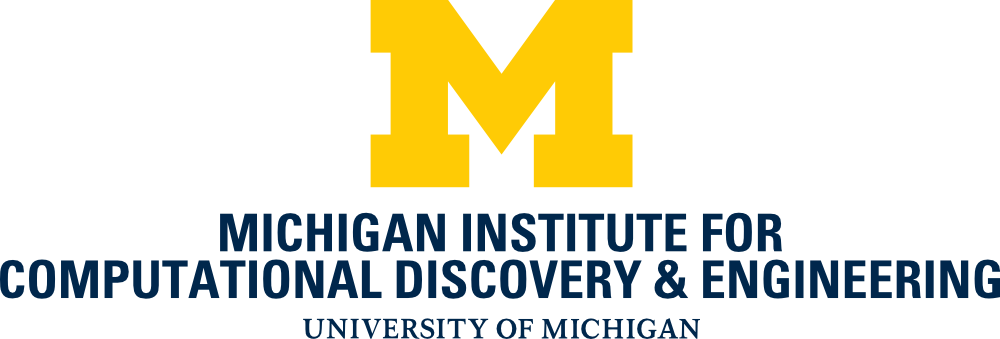Model reduction in Computational Fluid Dynamics
Kevin Carlberg, Sandia National Laboratories
Masayuki Yano, University of Toronto
While computational fluid dynamics (CFD) is a powerful tool for generating accurate numerical predictions of complex fluid flows, the computational cost of high-fidelity CFD models renders them impractical for real-time and many-query applications such as active flow control, aerodynamic shape optimization, and uncertainty quantification. Model reduction constitutes one approach to reduce the cost of such models (while retaining high levels of accuracy) to make them amenable to such applications. Over the past decade, model-reduction techniques for parametrized partial differential equations (PDEs) have advanced significantly; there now exists rigorous mathematical theory and provably efficient computational methods for linear steady parametrized PDEs. However, further advances are needed to reliably construct reduced models for complex fluid dynamics systems governed by the Euler and Navier–Stokes equations, which exhibit severe nonlinearities, limited stability, and limited regularity. This minisympoisum presents recent developments in model-reduction techniques for such problems. Topics include the following: model-reduction techniques for real-time optimal flow control; efficient reduction of nonlinear operators; entropy- and energy-stability of (Petrov–)Galerkin schemes; residual and goal-oriented error estimation and adaptivity; turbulence modeling; capturing transport phenomena; and demonstration of model-reduction techniques for large-scale industry-relevant problems. The minisymposium will bring together researchers working on both fundamental and applied aspects of model reduction to provide a forum for discussion, interaction, and assessment of model reduction methodologies.







